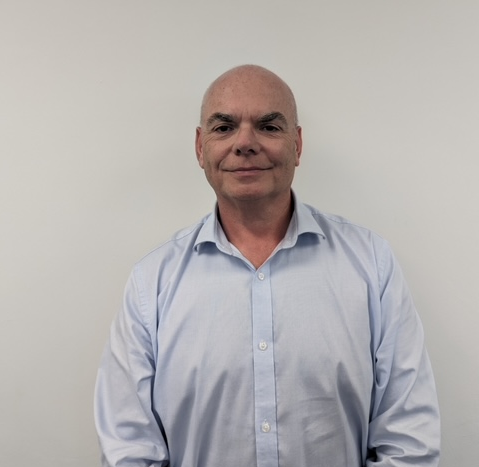Integrated Care Systems the journey so far – ‘How the home care sector is finding solutions that truly support people ‘
By John Timbs, director, Havering Care Association (HCA) and Care Providers’ Voice (CPV) and owner, managing director, Lodge Group Care UK Ltd.
Social care providers can be a really positive voice within ICSs and have a vital role to play in joining up care for people. In North East London we’ve developed partnerships that are delivering better care through a range of successful initiatives.
The social care provider market is made up of thousands of small independent enterprises. How do you engage with them to listen to the issues on the frontline and work together to find solutions that really help people?
There needs to be a real desire from health colleagues to truly understand the impact front line social care has on the outcomes of residents, and a wider perspective than care homes. We have pushed for this in North East London and HCA/CPV is now formally recognised as a key part of the provider mix.
We work with a specialist recruitment company, supporting social care providers to recruit staff, pay for job adverts, screen applicants and we have plans for our job broker to go into colleges to encourage young people into social care roles.
We have enablement champions, an identified person within a care home who is skilled to develop relationships with adult health professionals. We have apprentice nursing associates working in our care homes and funding for a nurse liaison, working directly on behalf of care homes with GP surgeries. We can take many of these innovations and do the same with home care too.
As members of the local place-based partnership, we are piloting shared care records and were selected by the ICS to work closely with the digital team re: remote monitoring. This allows GP’s quick and easy access to patient data, supporting their diagnosis and treatment whilst reducing the risk of hospital admission and providers are supported by our digital champions to implement it.
We also have trusted assessors in local hospitals for care home discharges and would like to see this rolled out for home care too. They carry out assessments on average four days quicker than providers, freeing up much-needed hospital beds.
We’re keen to play a part in the work of ICSs and our experience has shown that we have great solutions to shared challenges based on knowledge of frontline issues for staff and people who use health and care services.
For example, most hospital discharges are patients returning home, during the pandemic this was often challenging. Is there a community treatment plan, is four half hours a day for this patient enough, is the home they are being discharged to suitable, do they have any family support in place, do they have mental health issues? These are important questions.
Discharge reviews by trusts often end when the patient leaves the hospital. Social care providers can input into those reviews by sharing real experience.
Better communication between hospital discharge teams and social care providers can make a huge difference to patient outcomes, as does the quality of information.
Integrated care has been on the agenda for years and there are good examples of how integrated working makes a difference to patients in care homes. Care homes are easier to engage with, they have a fixed location, support on site 24/7 but home care is just as worthy of these innovative schemes. It will just take more thinking to deliver it for the best outcomes for residents and we can help with that.
Innovation takes time and needs resources. There needs to be an understanding that with additional funding, we can do more, but it takes time to translate innovation into day to day working.
Another achievement is being part of a wider collaborative called ‘Care Providers Voice’, (CPV). This has been set up by providers for providers in North East London and has received funding from the three local authorities in BHR, to employ staff to work solely on behalf of providers to help tackle the workforce crisis and to also forge closer working relationships with local schools and colleges.
CPV has also secured funding from the Community Education Provider Network to facilitate free e-learning, including the Care Certificate, for all care providers including personal assistants for two years from a Skills for Care endorsed Centre of Excellence. For Providers to have a dedicated voice providing representation, resource and recruitment support is fantastic progress and not possible without the support of our local authority and Training Hub colleagues.
We’re lucky as we have a really supportive local authority in Havering and social care providers are represented on a number of boards. This enables us to highlight some of the real day to day issues we are facing and enable good outcomes for residents.
Being part of a number of local oversight groups has enabled the voice of homecare to be heard, something that has been sorely lacking in the past.
It’s great to have conversations at ICS decision-making level to find solutions and its definitely starting to deliver promising results. We’re being listened to as respected voices of the provider market.
My aspirations for the future are to see better pooling of budgets so that as well as training and development we can reward staff. They do a fantastic job supporting patients discharged into their own homes and often go over and above what they are asked to do. I would really like to see the role of social care staff strengthened within ICSs and for them to feel valued and respected.
Lodge Group is the largest provider of local authority commissioned home care in the London borough of Havering. They also provide residential care and supported living for vulnerable children and adults across Barking & Dagenham, Redbridge and Havering, (BHR). Havering Care Association supports over fifty providers of home or domiciliary care.









